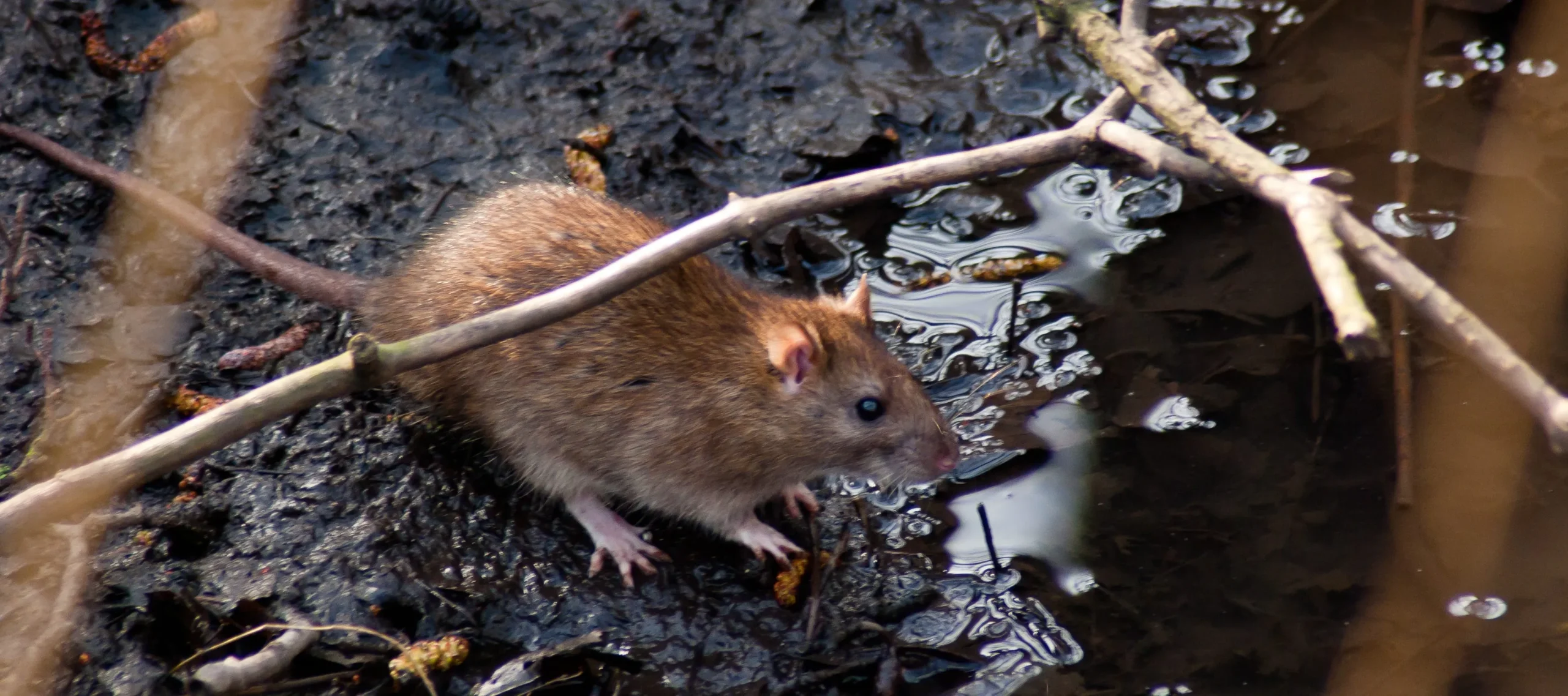How Rodents Spread Disease and What You Can Do About It
We all know that rodents invade people’s houses and damage property. But do you know they can pose serious health risks? Yes. You have heard right. You may not realize it, but rodents, particularly rats and mice, can transmit various dangerous diseases.
You may catch these diseases by simply contacting rodent droppings, urine, and saliva. We guess you have already realized how crucial rodent control is for your family’s health and safety. If you want to learn more about rodents and diseases, keep reading. Here, we will explore how rodent spread diseases and what steps you can take to prevent rodent infections. Let’s get started!
How Do Rodents Spread Disease?
Though rodents are small creatures, they can spread deadly diseases in many ways. For example, they carry germs on their fur. Also, their droppings and urine carry dangerous viruses and bacteria. These can contaminate your property, food, and air. Suppose you have rat infestation in your home. When you breathe dust contaminated with rat droppings or urine, your respiratory system is at risk of infection.
In Norway, things get deadlier than you think. Rats spread dangerous zoonotic diseases such as leptospirosis, hantavirus, salmonella, rat-bite fever, and murine typhus (we will discuss them in the next section). Rodents also carry parasites, like fleas, ticks, and mites. These can spread diseases indirectly. But do you know how rodent diseases catch you? Here are the common ways.
- Contact with rodent droppings and urine.
- Touching surfaces contaminated by rodents.
- Eating or breathing contaminated food or air.
- Being bitten by rodents.
- Exposure to parasites they carry.
What Diseases Can Rodents Spread?
We have mentioned the top 5 diseases above. But rodents carry more than 35 diseases, mostly air and water-borne, caused by deadly viruses and bacteria. Here are the important ones.
- Hantavirus Pulmonary Syndrome (HPS): Rodent droppings and urine contaminate the air. When you inhale dust contaminated with droppings and urine, you may contract hantavirus. It causes serious lung issues.
- Leptospirosis: Rodents often urinate in water. Leptospirosis is a bacterial disease. It spreads when you touch the water contaminated by infected rodent urine.
- Salmonellosis: This one is caused by rodent droppings. When you eat food contaminated by rodent droppings, it can cause serious food poisoning.
- Rat-bite Fever: Rats typically don’t bite people. But it could happen sometimes. If an infected rodent bites you, you will suffer from fever, rash, and muscle pain.
- Plague: Another deadly disease caused by bacteria. It is transmitted mainly through fleas carried by rodents.
- Lyme Disease: Rodents often carry ticks. These feed on rodents and can transmit Lyme disease.
What Can You Do? Practical Steps for Rodent Control
Early detection and taking preventive measures can save you from a health hazard and costly repairs. You can apply DIY approaches to get rid of rodents and prevent them from entering your house.
Seal All Possible Entry Points
Rodents, especially rats and mice, can slip through small gaps. So, inspect your home’s interior and exterior. Get a torch if you search for holes at night. Look for gaps, cracks, and holes around pipes, vents, windows, and doors. If you find these entry points, seal them with steel wool, caulk, and metal flashing.
Keep Food Sealed and Garbage Managed
Like other animals, rodents need food and water to survive. If you can restrict their food sources, you could starve them. Sweep the kitchen floor after cooking and eating. Store food in airtight containers. Take out the trash regularly and close the trash can with a tight lid. Don’t leave pet food and water open overnight. If rats and mice can’t find food in your house, they will eventually leave your property and search for food elsewhere.
Declutter Your Space
Rodents love dirty, messy places. If they can’t make nests in your house, they may claim your yard, garden, or driveway. They hide in cluttered areas. So, keep the storage room tidy. Clean the exterior of your house, including the yard, garden, and basement.
Clean Thoroughly and Safely
If you find rodent droppings and urine, clean and disinfect the affected surfaces with a bleach solution. Don’t forget to wear gloves while cleaning.
If you are facing a severe rodent infestation and no DIY method is working properly, contact professional pest control companies in Norway. Best rodent control experts, like SK1, use modern tools and advanced techniques to safely eliminate rodents from your home.
Final Thoughts
In Norway, rodents spread deadly diseases. Exterminating rodents isn’t just about keeping them at bay; it’s a crucial step to protect your health and home. From this guide, you know what types of diseases rodents can spread. Also, we have top DIY methods to prevent rodent infestation. Inspect your house today and look for the signs of rodents. If you find any signs of rodent infestation or suffer from rodent-borne diseases, seek professional pest control services immediately.






